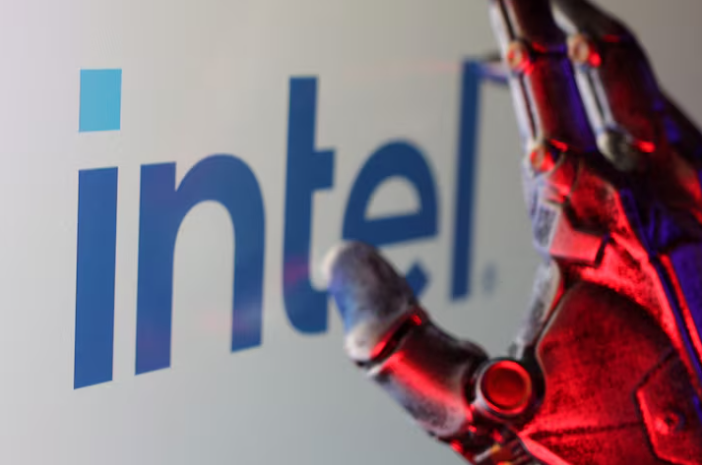TECHNOLOGY

EXCLUSIVE: INTEL'S NEW CEO PLANS REVAMP OF MANUFACTURING AND AI OPERATIONS
SAN FRANCISCO, March 17 (Reuters) - Intel's incoming CEO, Lip-Bu Tan, is exploring major shifts in the company's chip manufacturing processes and artificial intelligence strategy ahead of his return on Tuesday, according to two sources familiar with his plans. The move is part of a broad effort to revitalize the struggling tech giant.
The new strategy involves reshaping Intel's AI approach and reducing staff to streamline what Tan sees as an inefficient and overly complex middle management layer. A key priority for Tan, according to sources, is overhauling the company’s manufacturing operations, which previously focused solely on Intel chips but have since been adapted to produce semiconductors for external clients like Nvidia.
At a town hall meeting following his appointment as CEO last week, Tan told employees that the company would have to make "tough decisions," according to two individuals familiar with the discussion.
Semiconductor industry analyst Dylan Patel noted that a major issue under former CEO Pat Gelsinger, who departed in December, was his reluctance to take drastic action. "He was too nice," Patel said. "He didn’t want to cut a large portion of middle management, even though it was necessary."
Tan, 65, previously served as CEO of chip design software firm Cadence and is a seasoned tech investor. He was also a member of Intel’s board until resigning last August. Now returning as CEO, he is set to lead the company after a decade of missteps by three successive CEOs. During that time, Intel failed to enter the smartphone chip market and overlooked the growing demand for AI processors, allowing competitors like Arm Holdings and Nvidia (NVDA.O) to dominate these sectors. Intel (INTC.O) reported a $19 billion annual loss in 2024, marking its first since 1986.
In the short term, Tan is focused on enhancing the performance of Intel Foundry, the company's manufacturing division that produces chips for external clients like Microsoft (MSFT.O) and Amazon (AMZN.O). According to sources, he plans to aggressively attract new customers to bolster the division's growth.
Additionally, Intel will revive plans to develop chips for AI servers while expanding into other sectors, including software, robotics, and AI foundation models.
“Lip-Bu will dedicate significant time to engaging with customers, partners, and employees as he steps into his role. He will work closely with our leadership team to position the business for future success,” an Intel spokesperson said in a statement.
Intel declined to provide additional comments or make Tan available for an interview. Meanwhile, Tan's venture firm, Walden Catalyst, did not respond to requests for comment.
At first glance, Tan’s approach appears to refine rather than overhaul Gelsinger’s strategy. Gelsinger’s turnaround plan centered on transforming Intel into a contract chip manufacturer, competing directly with Taiwan Semiconductor Manufacturing Co. (TSMC) (2330.TW), which supplies chips to major companies like Apple (AAPL.O), Nvidia, and Qualcomm (QCOM.O).
Gelsinger had pledged tens of billions of dollars to build factories across the U.S. and Europe, aiming to manufacture chips for both Intel and external clients. However, as demand for Intel’s core products declined, he was forced to scale back those ambitions.
Betting on AI
According to two sources familiar with Tan’s plans, he has been a strong internal critic of Gelsinger’s execution.
"This represents a significant development in our ongoing coverage of current events."— Editorial Board









